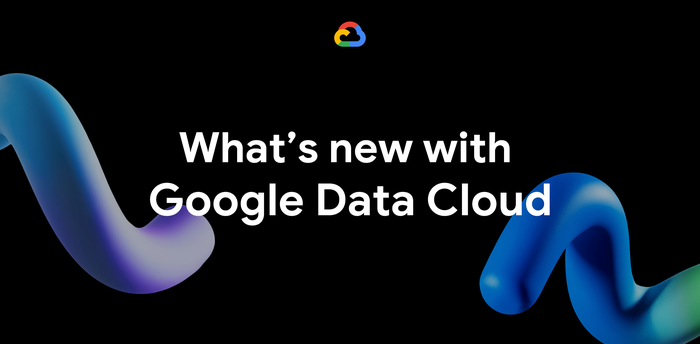Bring governance and trust to everyone with Looker’s universal semantic model
Adam Wilson
Product Manager, Google Cloud
Try Google Cloud
Start building on Google Cloud with $300 in free credits and 20+ always free products.
Free trialAs digital transformation accelerates, the data available to organizations about their products, customers, and markets is growing exponentially. Turning this data into insights will be critical to innovating and growing. Furthermore, the capacity to make data-driven decisions must be pervasive in organizations, accessible to a broad range of employees, and simple enough to apply to day-to-day decisions as well as the most strategic. However, a major barrier to achieving this vision is a gap in access to the tools for analysis and building broad-based usage.
Looker’s semantic model enables complex data to be simplified for end users with a curated catalog, pre-defined business metrics, and built-in transformation. We’ve always been platform first, and this is an expansion of that strategy. We are extending our investment here to power more data rich experiences and aim to provide access to the Looker model more directly in other tools. By bringing governed data directly to end users in tools they are already familiar with, this will democratize access to trusted data across organizations.


Google Workspace is everything you need to get anything done, all in one place. Google Workspace includes all of the productivity apps you know and love—Gmail, Calendar, Drive, Docs, Sheets, Slides, Meet, and many more. Whether you're returning to the office, working from home, on the frontlines with your mobile device, or connecting with customers, Google Workspace is the best way to create, communicate, and collaborate.
Now, with the Connected Sheets integration with Looker, users can interactively explore data from Looker in a familiar, spreadsheet interface. The integration creates a live connection between Looker and Sheets, meaning that data is always up to date and access is secured based on the user exploring the data. Common tools like formulas, formatting, and charts make it easy to perform ad-hoc analysis. This integration will be available in preview by December 2021, with GA next year. You can sign up to hear when the Connected Sheets and Looker integration is available.


And that's not all. Looker dashboards are critical to keep teams focused on the metrics that matter. We will be releasing a Google Workspace Add-on that enables visuals from those dashboards to be embedded in Google Slides. Embedded visuals in Slides can be refreshed so that people are always seeing the latest data.


Self-service business intelligence (BI) tools have also gained widespread adoption among business users, with a drag-and-drop, graphical user interface that makes exploring data easy. This flexibility is critical in democratizing analytics, but it also introduces risk that for the most important data may be duplicated or inconsistent definitions are introduced. With Looker’s upcoming Governed BI Connectors, we will give organizations the flexibility of self-service, while allowing users to leverage their governed, trusted data in those tools too. Users will be able to live connect from BI tools to Looker’s semantic model. From there, they can use the familiar self-service tool they are used to for analytics, even mashing up governed data with their own data. Connectors will be available for Google Data Studio, Tableau, and more. These connectors will be made available as they are ready in the coming year, with the full set being available in preview by the end of 2022. Sign up here to learn more about the availability of these connectors.
With these new capabilities, everyone in an organization can be empowered to make more data-driven decisions, in whatever tool they are familiar with, all powered by consistent, trusted data. To learn more about Looker’s semantic model as well as these new capabilities, tune into our JOIN session discussing ‘What's New for Data Modelers’.

